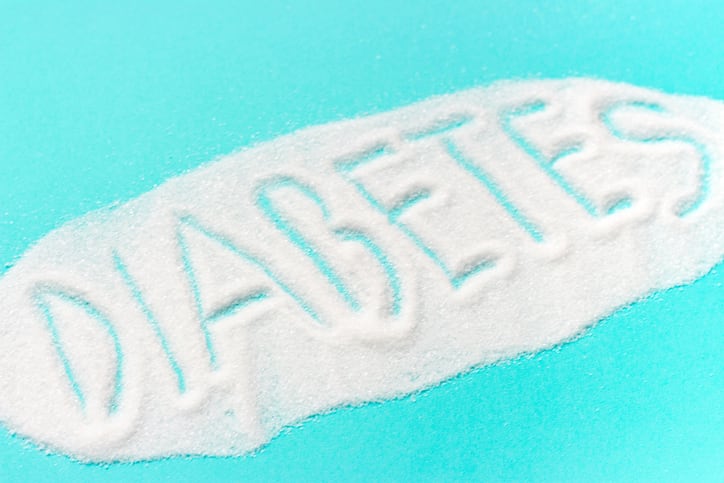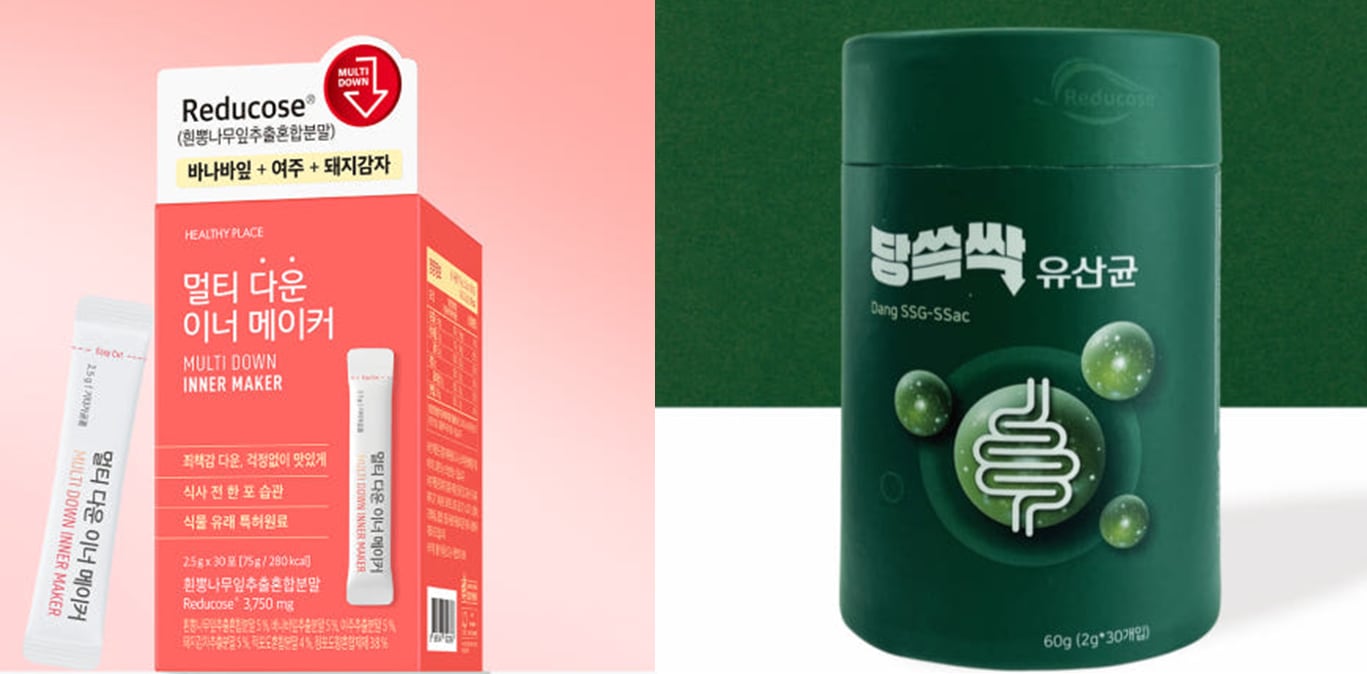Some of the companies that have identified metabolic health as an area of focus for their China business at the recent FIC exhibition in the country were IFF and Probi.
Attention on metabolic health management has been growing in China due to several factors, the companies told NutraIngredients-Asia.
China’s three-year weight management plan
China’s National Health Commission (NHC), for example, introduced a three-year plan for weight management starting from last June.
At this year’s “Two Sessions” legislative meeting, Lei Haichao, head of NHC, also announced plans to establish more weight management clinics at medical and health facilities, local media Xinhua reported.
Metabolic health, alongside women’s health and healthy ageing, is one of the three key categories that IFF is focusing on for its business in China this year.
With greater government interest in weight management, the company said metabolic health was an area where IFF as an industry leading company can contribute to.
“Weight management is not just about weight reduction, but it is also associated with many chronic diseases and the “three highs” diseases.
“As such, we feel that our focus on metabolic health is also very much aligned with China’s weight management focus and we feel that this is an area where we as an industry leading company can provide solutions for,” said Jeff Lu, AP strategic marketing & portfolio management leader, IFF Health said.
According to the NHC, over half of China’s adults are overweight or obese. It warned that if left unchecked, the rate could climb to 70.5 percent by 2030.
Economic development and affluence also meant that consumers’ health concerns have grown beyond issues such as under-nourishment, but health conditions that can arise from ”over-nourishment“.
“The problems faced by the China population were previously around under-nourishment but now, it has evolved into metabolic health issues.
“Metabolism conditions arising from being overweight or obese is a problem that will develop as society progresses,” Dr Susan Jin, head of BU, IFF Health Sciences Greater Asia added.
GLP-1 uptake in China
Indeed, this is already reflected in consumer behaviour as the GLP-1 (glucagon-like peptide-1) wave - which initially began in the US - spread to the country last year.
“We saw that since 2024, there is a growing demand from the industry in finding solutions for metabolic health, and especially after the GLP-1 boom, the (metabolic health) category has become even more popular,” Liu Shan Shan, senior sales manager at Swedish probiotic firm Probi told NutraIngredients-Asia.
In China, Novo Nordisk’s Wegovy is one of the approved GLP-1 medications, while Chinese homegrown companies like Shanghai Benemae Pharmaceutical Corp has also jumped on the bandwagon with its GLP-1 medication beinaglutide.
Liu noted that GLP-1 medication use has gained popularity in China, especially for overweight and obese individuals to help manage their weight.
Scientific knowledge and research around GLP-1 did not only emerge in recent years - but with information is now circulating faster than ever, this has speed up public awareness of GLP-1.
“Knowledge and research of GLP-1 have existed for a while already, but it hasn’t really been talked about in the past,” said Lu.
He said that IFF’s prebiotic fiber ingredient Litesse Ultra® polydextrose, for instance, has been clinically shown to support the body’s production of the appetite controlling hormone in a study published back in 2017.
Writing in the journal Appetite, researchers reported that the concentration of GLP-1 rose significantly by 39.9 per cent (P = 0.02) after the consumption of polydextrose or the Litesse Ultra ingredient at breakfast as compared to the placebo.
“Since we have good scientific evidence, we can once again communicate this to our consumers again,” he said, adding that the ingredient also won the Ingredient of the Year Weight Management at the NutraIngredients-Asia Awards last year.
Its other award-winning ingredient HOWARU B420 (Bifidobacterium lactis B420) is also another ingredient that it is focusing on for weight management.
Probiotics specialist Probi, on the other hand, will double down on its probiotic strain LP299v (Lactiplantibacillus plantarum 299v) and Lpa8700:2 (Lacticaseibacillus paracasei 8700:2) for supporting metabolic health.
Liu explained that LP299V, for instance, can support metabolic health by modulating the gut microbiota and has shown results in lowering blood glucose and blood lipids.
As for Lpa8700:2, findings of a 12-week study published in Clinical Nutrition in 2023 reported that supplementation of the probiotic has led to a greater reduction in remnant cholesterol.
This reduction in remnant cholesterol was significantly associated with improvement in endothelial function, said the researchers.
Probiotics increasingly sought for weight management
China consumers are now increasingly seeing probiotics as an option for weight management these days, said Liu.
She said that weight management was one of the bestselling categories for probiotics products last year.
As for metabolic health, more consumer education will be needed to spread the benefits of probiotics.
“When consumers talk about cardiovascular health or blood lipids or blood glucose reduction, they will think of some other products instead of probiotics.
“As such, we will need to educate consumers on why they should choose probiotics for metabolic health.”
She said that Probi has been working with two China brands in launching new products containing probiotics for metabolic health - specifically on regulating blood lipids levels - in China in the first half of this year.
Dr Jin, on the other hand, pointed out that Akkermansia muciniphila - a next-generation probiotic - has come to be known as the “skinny bacteria” (瘦子菌) among consumers in the recent years.
This is also testament to consumers increasingly seeing the link between gut microbiota and body weight.
Tackling metabolic health through liver function
At the tradeshow, IFF also showcased how it is tackling metabolic health by supporting liver function through a product concept known as Liver Detox.
The concept comprises of five probiotic strains, broccoli raffinate extract BroccoRaphanin®, and sugar beets-derived BetaPower® .





